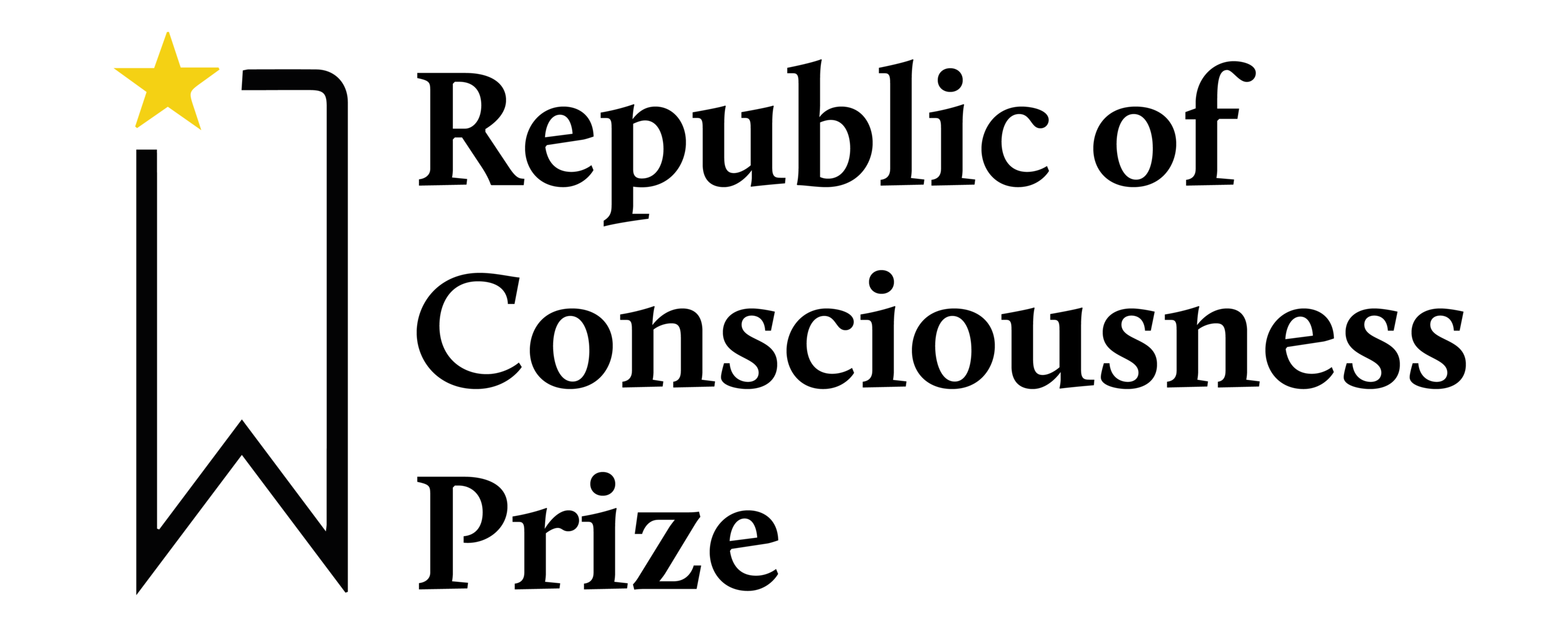Tools for Extinction: Lolli Editions
Tools for Extinction
by Jordan Barger
Tools for Extinction is a collection of new writing which responds to the Covid-era we are now all living in and through, published by Lolli Editions. A relative newcomer to the world literature publishing scene, Lolli Editions has put together an impressive group of contributors including Enrique Vila-Matas, Olivia Sudjic, Jon Fosse, Inger Wold Lund, Vi Khi Nao, Patrícia Portela, Lucie Elven, Mara Coson, Christina Hesselholdt, Jean-Baptiste Del Amo, Naja Marie Aidt, Michael Salu, Joanna Walsh, Jakuta Alikavazovic, Anna Zett, Emilio Fraia, Frode Grytten, and Olga Ravn. Some of which is made possible by translators such as Rahul Bery, Denise Newman, Paul Russell Garrett, Zoë Perry, Damion Searls and Martin Aitken.
We are a social creature, an organism that understands events through collective chewing and churning. Tools for Extinction is a collection of writers offering a view from their various windows, dotted across the planet. We join them briefly, sharing in their understanding, their confusion, their dreams. If one of literature’s purposes is to find and extract meaningful symbols, this book contains 18 writers attempting just that; even if our 21st century symbols are un-heroic activities, like lying in bed playing Stardew Valley. Gone are the dramas of Delacroix’ rafts and the people being led en masse, here is unnecessary baking and counting your change jar because you can’t sleep. We see symbols being extracted from the daily grind of quarantine: “sourdough starters, essential workers and reading the magnum opuses to show slowness.” The layering of individual activities creates a woven communal understanding of the crisis, connected through shared experiences.
The writers grapple with new coinages and words with whole new meanings: beyond “social distancing”, we have a deeper delve into still-cooling phrases such as “in solitude,” “pan-Shyistic,” “extrovert supremacy,” “a spring full of distance,” and even “masks.” In Joanna Walsh’s “The Dispossessed,” we are even directly asked “Do you think, if I were (directly affected), that I could find the words? Who knows? Words are only ‘like’ life or lifelike.”
Now, and always, we lean on fiction, sometimes so heavily so that it stops bending and breaks. Each contributor leans on fiction, but to different degrees. Some, like Vi Khi Nao’s “Ashan” are fictional, sensitive embodiments of inherent desire, and even need, to help those around us, just to be yelled at despite good intentions. Others, like Anna Zetta’s “Affinity Group” show just how fictional the recent past feels as we settle into new normals. Emilio Fraia and translator Zoë Perry are a slick duo who offer a piece that depicts confusion as the natural state of contact-less living, fiction wafting in and out of our daily lives.
Olga Ravn’s “Bottle Versus Breast” is a highlight among . Ravn is a Lolli Editions author (her novel “The Employees” is forthcoming) and her piece describes an intimate scene of a mother and nursing child. A short, excellent piece on being alone together in a roiling universe. Olga Ravn’s words have a distinct weight, and this story has qualities of Vermeer and Faulkner in its warmth, as if we’re intruding on something so human that it’s almost alien. She floods the page with a liquid lexicon: water, milk, underwater, ocean, swells, waves:
“But after a night bottle he kicks off the duvet and chatters brightly in sleep, like something under water that just now left its egg.”
Personally, I was drawn to this project for the inclusion of Jon Fosse and Enrique Vila-Matas. The former (whose first two volumes of his Septology, published by Fitzcarraldo Editions in the UK and forthcoming on Transit Books in the US, are translated into English by Damion Searls as “The Other Name”) offers us an account of an anxious dream whose terror makes no sense in our pandemic time. Even running from ours fears has been taken away from us. He keeps this truth from being too heavy-handed by sharing the absurd details of the dream, such as the “old man with the rifle that has flowers sticking out of the barrel, and out of his mouth and eyes…”
Vila-Matas writes of technology’s fallibility and his intertextual solace. We are all finding routes out of isolation via books and writing, escaping our bedrooms with slightly less outlandish depictions of life found in comics or sci-fi novels. Vila-Matas once again shows that he writes with a popular emotional barometer:
“(Florence Delay) writes that the pages that stay with us long after we’ve read them… no longer belong exclusively to literature, but are as much a part of our being as our changing moods…”
He ends with a powerful passage that shows the horror of spectating coupled with the inability to help, from Rilke’s The Notebooks of Malte Laurids Brigge, (a novel which is based on the life of a writer I myself happen to translate, Sigbjørn Obstfelder).
All the pieces here feel like they could end abruptly. They often do. This gives the collection a start and stop quality that feels appropriate. Our newsfeed minds are often diving in and self-ejecting out of intimate scenes from others’ lives. Reading this book is akin to wandering around the authors homes, seeing if they’ve got any grand truths on the mantelpiece or in the basket on the landing. But there’s often no lesson to be learned from solitude other than the experience of it. The hope carried in this book is that we can lean on fiction even beyond its breaking point – and our own.
-
Jordan Barger is a translator and poet working between English - French - Norwegian.
Tools for Extinction is published today (21st May 2020) by Lolli Editions. Find it on their website here. It reproduces a portion of Jean-Baptiste Del Amo’s piece written on winning the Republic of Consciousness Prize 2020, first published on this website.

